‘Oxygen’ Still Leaves Readers Breathless
As I write this, in an alternate universe, future astronaut Valkerie Jansen is about to wake up screaming from a nightmare. That’s a great hook for Oxygen, the science-fiction thriller by John Olson and Randall Ingermanson, first published in 2001 by Bethany House. And in a joyfully bizarre “accident” for this writer, I had already planned to review this favorite novel before I opened it to discover the story begins on tomorrow’s date: Aug. 14, 2012.
In the reality-verse, Mars has been much in the news, thanks to NASA’s successful landing of its latest fantastic red-planet probe, Curiosity, on Aug. 6 in the Gale Crater.
But in the Oxygen-verse, there is no Curiosity, no continuing probe missions apart from human exploration plans, no Olympics or presidential election hogging headlines, and not as many NASA budget cuts. Instead there is an Ares program to send a four-member team of actual people to Mars, and — no spoilers here, for back-cover readers — Jansen joined it.
That was before the wind-troubled launch. Then the natural personality conflicts between the four mission crew members. Then (ignoring the back-cover spoiler) a worse disaster.
Yes, I enjoy this novel. An older review of mine reminded me that I received the original paperback for Christmas 2001, along with my first copies of The Hobbit and The Lord of the Rings. Which did I finish first? Oxygen, and quickly. Now that same copy is autographed by both the authors, who’ve also since released a Writers’ Journey Edition with Marcher Lord Press. Soon I might go on that journey, but for now I’ll stick with the Ares 10 crew’s journey.
First I will mention the only truly negative aspect of this review. It’s only about the cover for the ebook version. If you pick up this book, you won’t have an issue; if you download it, you may be wondering why the absurdly busty supermodel with the ‘90s belly-baring tight top is posing with a blowtorch in front of an exploding galaxy. Call me skeptical, but this fails to show the real story within. The original Bethany House cover, and the Marcher Lord re-release cover, best market the book’s flavor. This is good juice, without that much pulp.
Hero and plot
I have mentioned Valkerie, a microbial ecologist who doesn’t hook you by riding a galloping horse. Instead we find her camping near an erupting volcano. Yes, it’s a little pulpy, but very fun. (Hippy ‘Splodey Busty Belly Valkerie™, with Galactic Blowtorch Accessory®, may have camped inside the volcano.) To this day, she seems to me one of the most likeable and strong-woman-with-no-agenda female characters in Christian fiction. I quickly empathized with her scientific ambition, tempered by her concerns about being thrown so quickly into NASA’s program. And while the authors don’t make much of it, her values and heroism contrasts sharply with the politics and secrets of other astronauts.
You might also stick up for her Christian profession, though the authors don’t explore that as much as others may have. Beyond a quick debate about how Christians can be scientists, the novel explores general themes of faith that God does exist and takes care of people.
Otherwise, Valkerie does not participate in expected Christian behavior in a contemporary story-world, such as, oh, church attendance. On the surface, that seems unrealistic, and an odd vacancy, to handle typical Christian practice similar to how most authors handle going to the bathroom. (In fact, Oxygen’s authors acknowledge the astronauts’ flight suit diapers more readily than positive “organized religion.”) However, you could also attribute that absence to Valkerie’s intense astronaut training. Make no mistake, she’s no “liberal.”
All right, that aside: NASA is finally going to Mars, and it turns out Valkerie will be aboard. Office politics may be more difficult than weightless training, simulations, and engineering tests. This mission is rocky even before the rocket boosters even ignite. Especially when the crew cast also includes astronauts Bob Kaganovski, Alexis Ohta, and Kennedy Hampton.
People and enemies
You could apply simple adjective phrases to each person: Bob, smart but nervous; Alexis, brilliant and Asian; Kennedy, egotistical and a playboy. Still, they feel like real, sympathetic people. You don’t want any of them to be the villain — as they might be. That prospect constantly fuels Oxygen, adding to the suspense. It is the Ares mission’s success or failure, the crew’s competence, and the fear of unknown, that provides the heroes’ opposition. And then things get worse. Keeps readers breathless, as I’ve said.
Bob and the mission’s flight director, Nate Harrington, round out the viewpoint characters. Bob is needed because he’s equally as interesting as Valkerie, and provides a God-skeptical counterpoint to her faith. Nate is there to give us a voice on the ground. And though I hadn’t seen the film Apollo 13 when I first read Oxygen, you should not be thinking of that real-life mission’s flight director as played by Gene Kranz. Nate is more high-strung and emotional, at least on the inside. These crew members may not swear as much as the Apollo 13 crew, but their politics, banter, and angst is more intense. More like Firefly, only before Firefly.
Story-world and style.
Olson and Ingermanson write fast, fit, and smart, like astronaut candidates themselves. I have no idea how they split the tasks. (Hey, maybe that Writers’ Journey Edition can help.) They know their science and characters, and “err” on the side of emphasizing characters. But they have done their mission calculations, in biology (Olson) and physics (Ingermanson) and could show their work, even if they don’t show it to you.
Despite the then-futuristic date, Oxygen doesn’t feel like sci-fi. That’s by design, the authors say in their end note. To go to Mars, “technology is not an issue. Most of what we need exists right now, and the rest is well within our grasp” (page 366). Very true. Any updated story version would only give the characters smartphones and slightly faster internet.
Summary
In Oxygen, God is glorified, at least implicitly, by the human drive to explore. Despite the unknown, threat of death by explosion, suffocation, or atmospheric entry, it’s worth it to go to Mars. Why? Not just to find life. Not just “because it’s there.” But because God created this other world for us. Thus, why can’t we do more than stand back and send probes there, as amazing as those are? Maybe because we doubt God created it and thus we also doubt that expenses and risks would be worth braving to see this world in person.
Well, we can go there fictionally, anyway.
Lastly, since Oxygen released, I’ve heard readers lament that Christians don’t have more authors writing similar near-future science-fiction-like novels. I would counter that we first don’t have more readers supporting such novels. You may object (as I do) to Valkerie’s dislike of Christians being bugged about origins beliefs. But don’t miss the point: for too long, many believers have equated space exploration, and even science fiction, with the atheistic notions of a select few who claim the scientific field is theirs alone. Stop buying that lie. Save your cash for Oxygen and for other people-driven, science-fiction stories.




















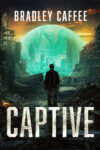




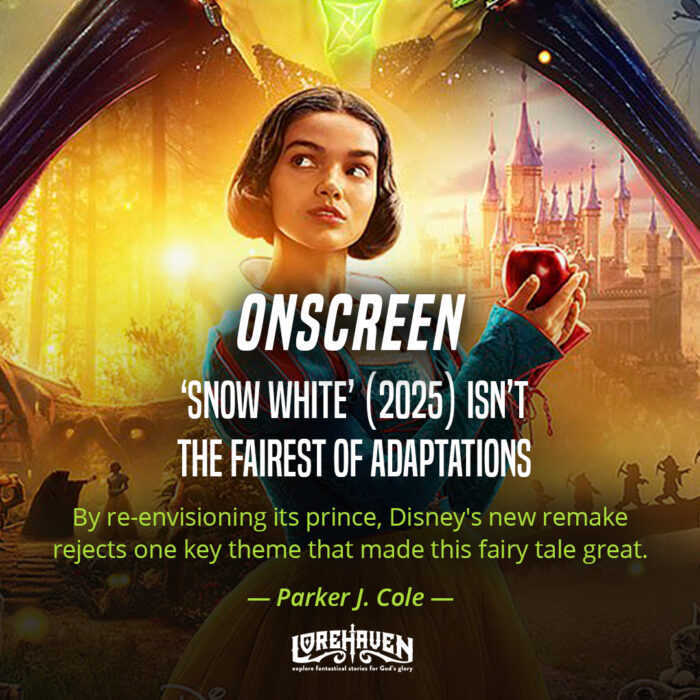
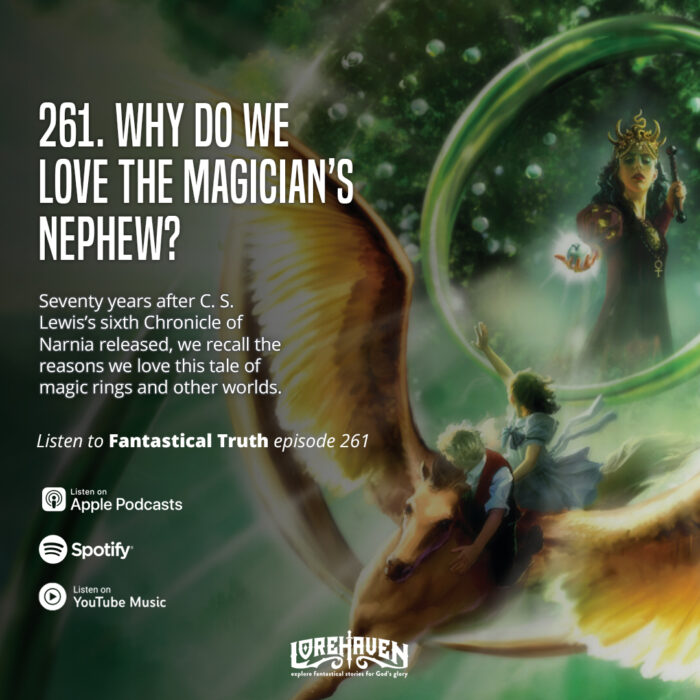


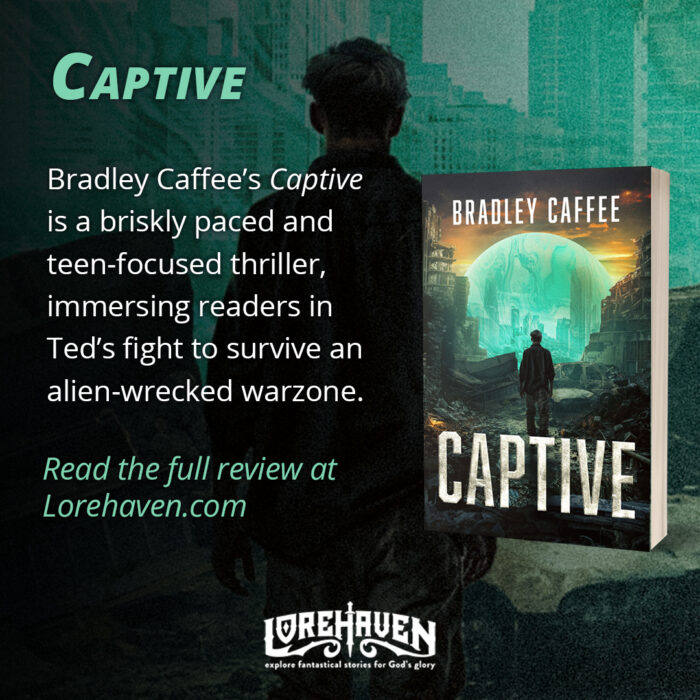


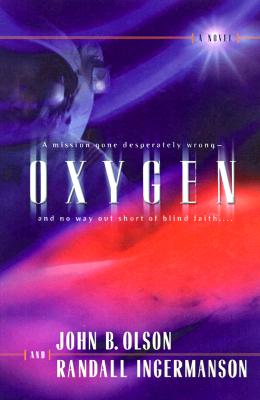




Share your fantastical thoughts.